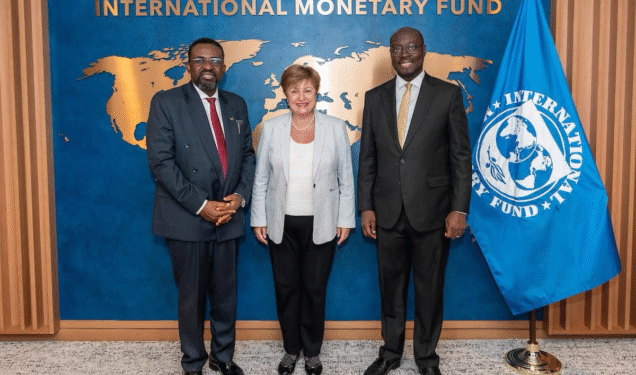“If you look at it broadly, including the petroleum funds, which also belong to Ghana, we are even at 4.7 months of import cover,” Dr. Mumuni stated.
He said this performance shows careful planning and strong reserve management.
“This tells you we’ve devised very innovative ways of meeting market demand while still accumulating buffers,” he explained.
According to him, the central bank has been strategic in balancing its foreign exchange interventions.
“Whatever we are doing is now weighted more towards reserve build-up rather than just market support,” he said.
“We are meeting market demand without affecting our reserves.”
Dr Mumuni rejected suggestions that the central bank is burning reserves to defend the cedi.
“Unfortunately, if that were the case, very smart market players would have read into it. The rally would be short-lived,” he said.
Instead, he said the market is responding positively because the reserve growth is real and organic.
“On the contrary, we are accumulating reserves much faster than anticipated. These are not debt-creating reserves,” he said.
“These are organically accumulated reserves. And they’re high.”
Dr Mumuni disclosed that by the end of April, Ghana’s reserves were already over $10 billion.
“We even expect that number to hit some $11 billion by the end of the second quarter,” he revealed. “This is far in excess of what is expected under the IMF programme.”
He said this performance is one of the reasons the cedi is showing resilience.
“That’s what’s giving a lot of confidence in the system,” he said. “That’s why the market believes this can be sustained.”
Dr Mumuni believes this signals a turning point.
“This time is different,” he said.







